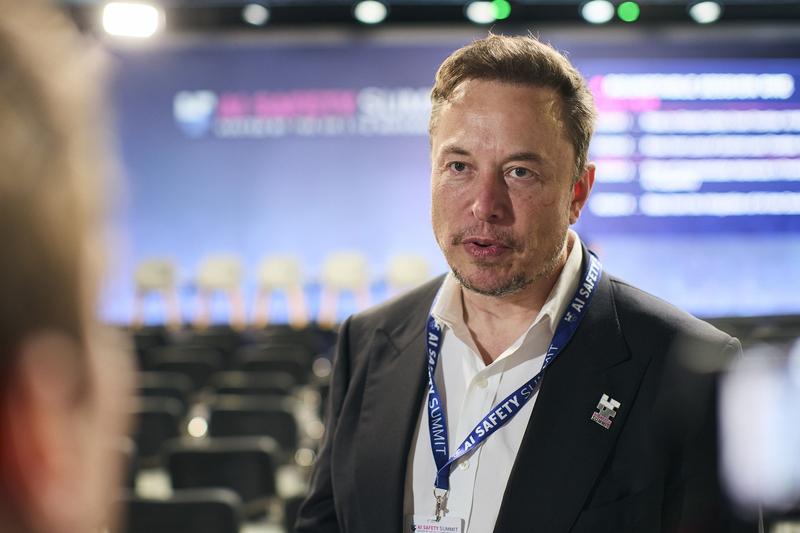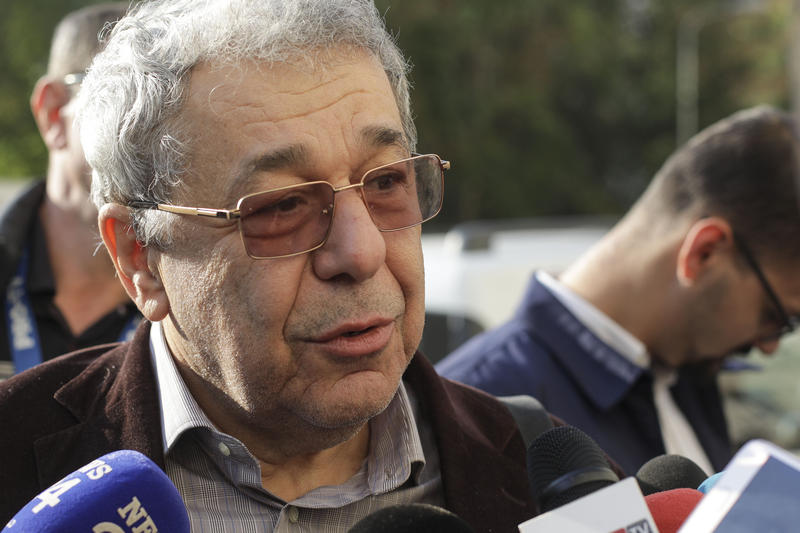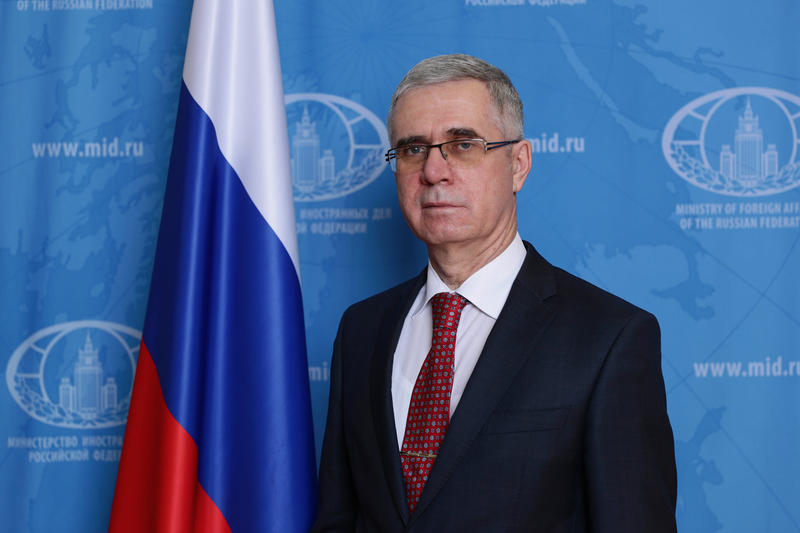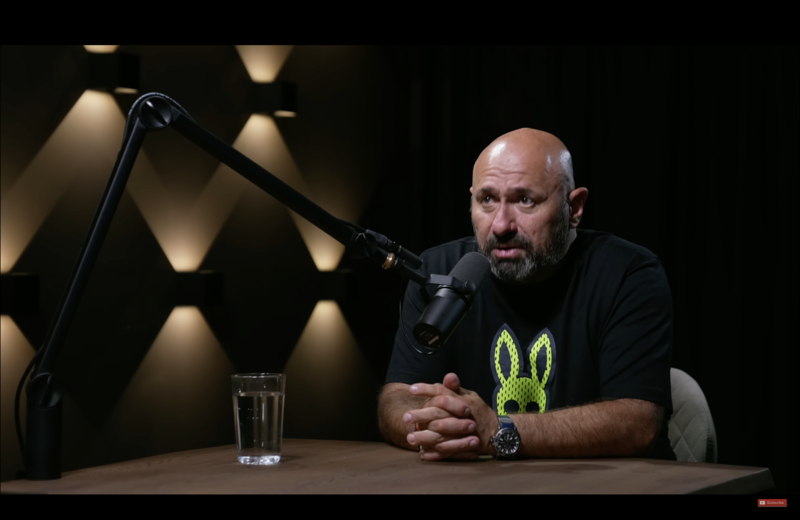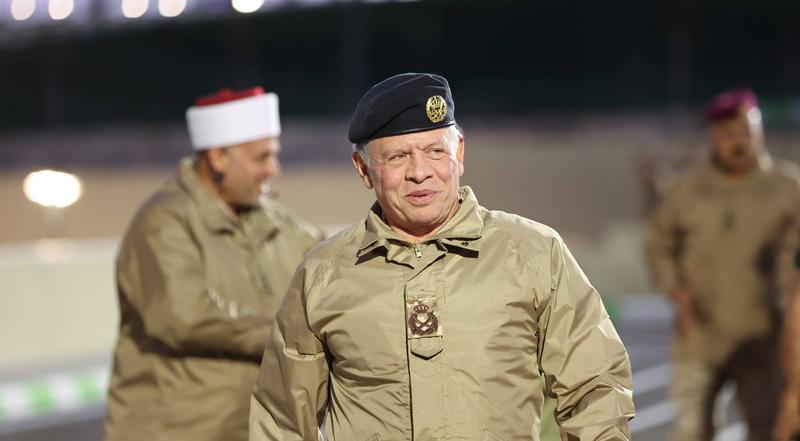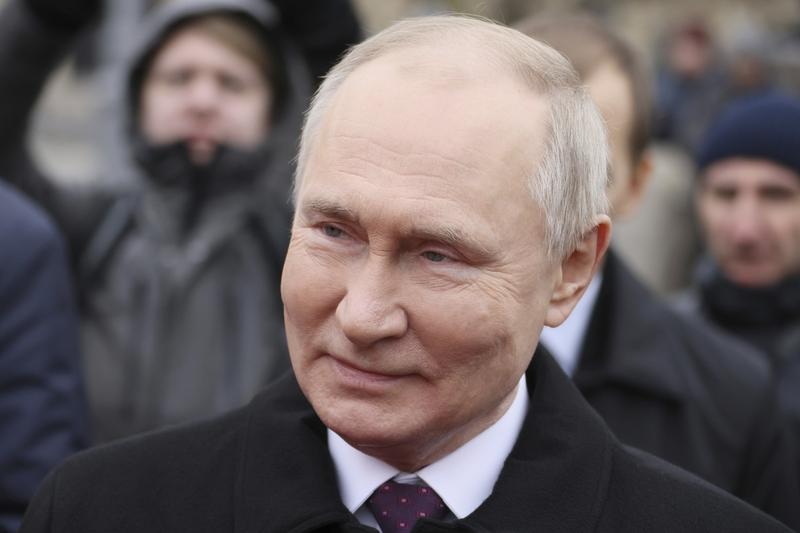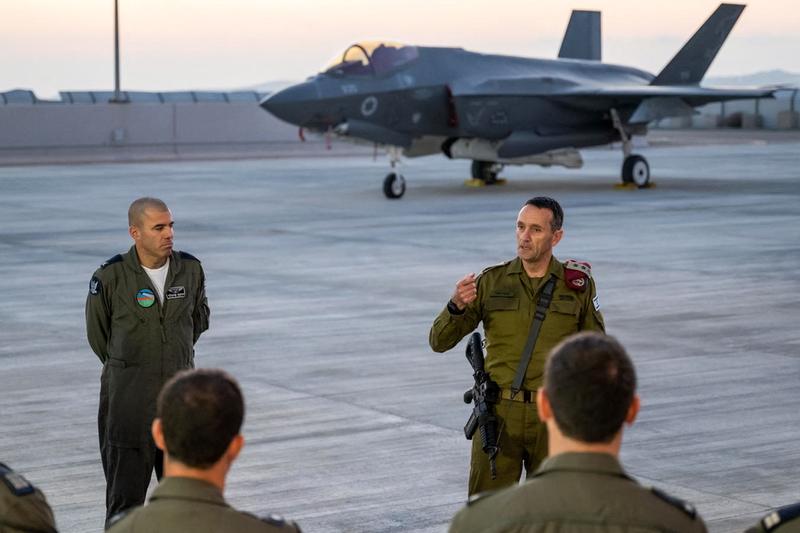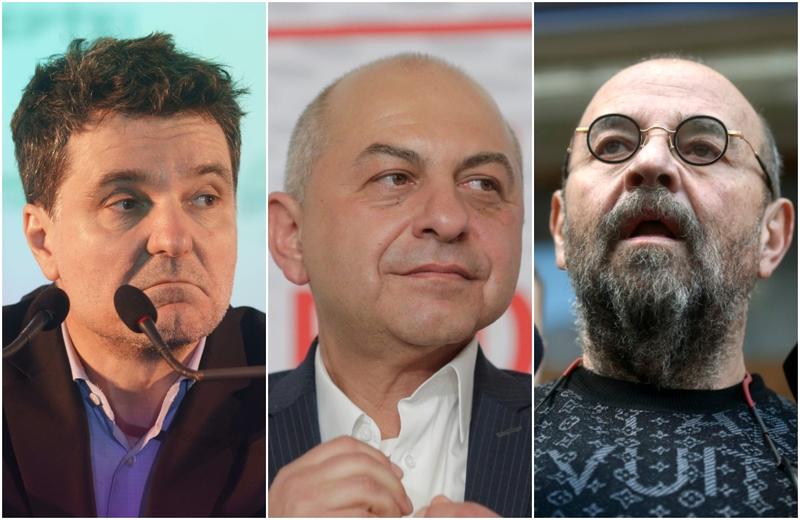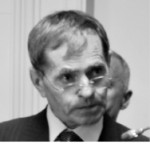The revolution in Moldova is another step made for the formation of the Baltic Sea - Black Sea Alliance, and Europe is drawn in a confrontation with Russia, which is constrained, at the same time, to take under its protective wing political and economical bankrupt regimes, Russian political analyst Aleksei Eliseev believes.
Eliseev does not exclude the scenario in which the pro-Romanian forces coming to Moldova's power is one of the geopolitical confrontational acts between EU and the US. In his opinion, Moldova's integration in Romania will bring additional problems to the main EU members, which are bound anyhow to pull up the poor East-European regimes.
"Russia does not need new movements either. A new Romania, united, may become member of the 'Baltic Sea - Black Sea Alliance', aimed against Russia", Aleksei Eliseev says.
During the Perestroika era, the project of such alliance was intensely processed, when the USSR disintegration project was launched, he believes. And it was only because of the lazy and neglecting nature of the Russian leadership that postponed in the '90 the formation of this axes.
It was not necessary at that time. But in the years to follow, Russia intensified its activity, which led the Occidental elites to think about the "coloured revolutions" from Georgia and Ukraine.
Tiraspol is interested that the political crisis in Moldova concludes through the formation of a viable leadership, the Foreign Affairs department chief of Transnistria, Vladimir Istrebchak, quoted by the Russian press. According to him, Transnistrian officials were following the events in Chisinau, Moldova's main city, and are preparing several answers for the possible outcomes.
"The absence of a clear power structure in Moldova has a negative influence on the process of normalising the relationships with this state and postpones finding a solution to the current problems in the region. Among others, with the representatives in Chisinau not being decided in expert groups, their activity is, practically, blocked", he explained.
Vladimir Istrebchak expressed his hope for the new Moldovan power to recognise the agreements sealed in previous negotiations, especially those settled after the March meeting of the presidents of Moldova, Russia and Transnistria.

